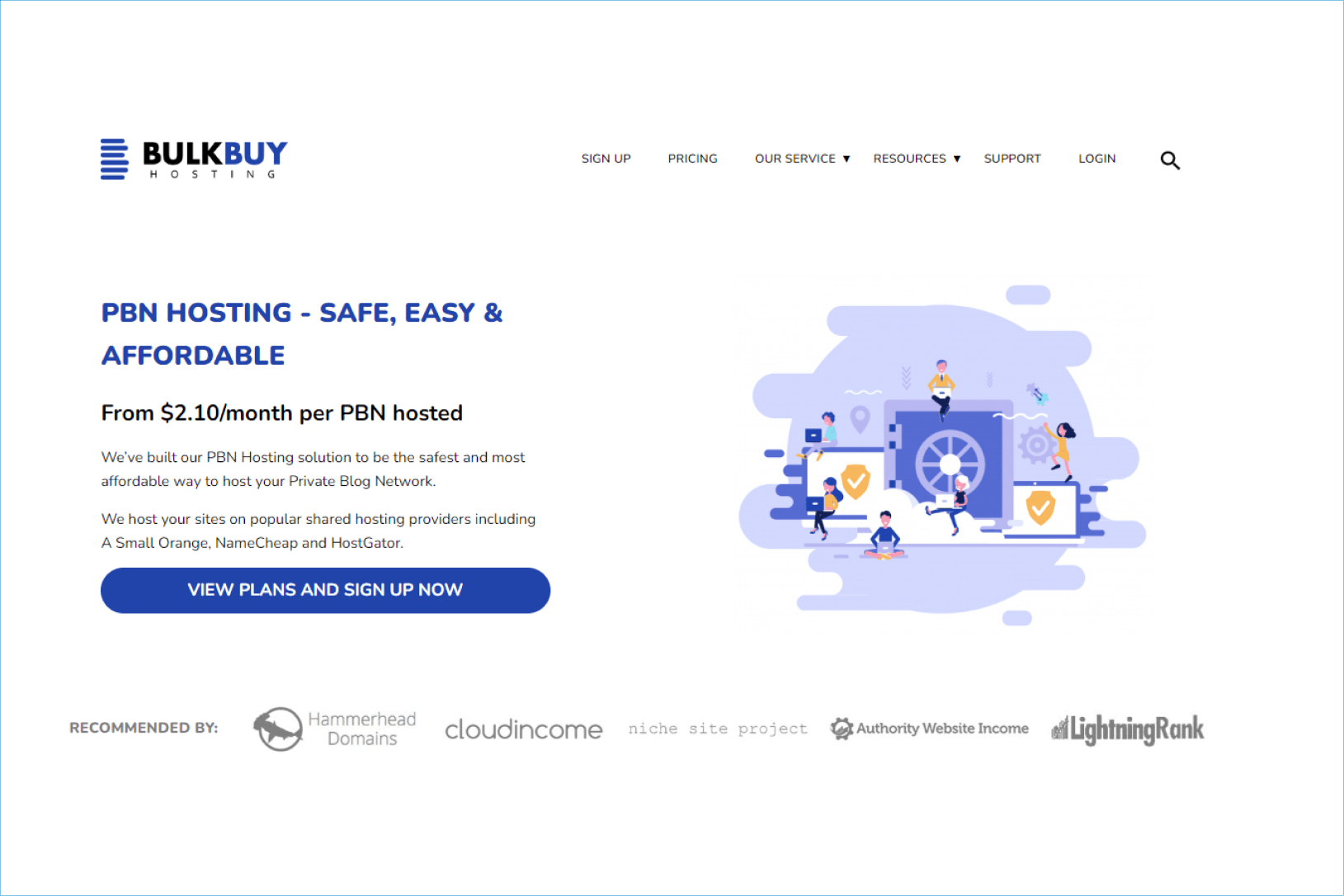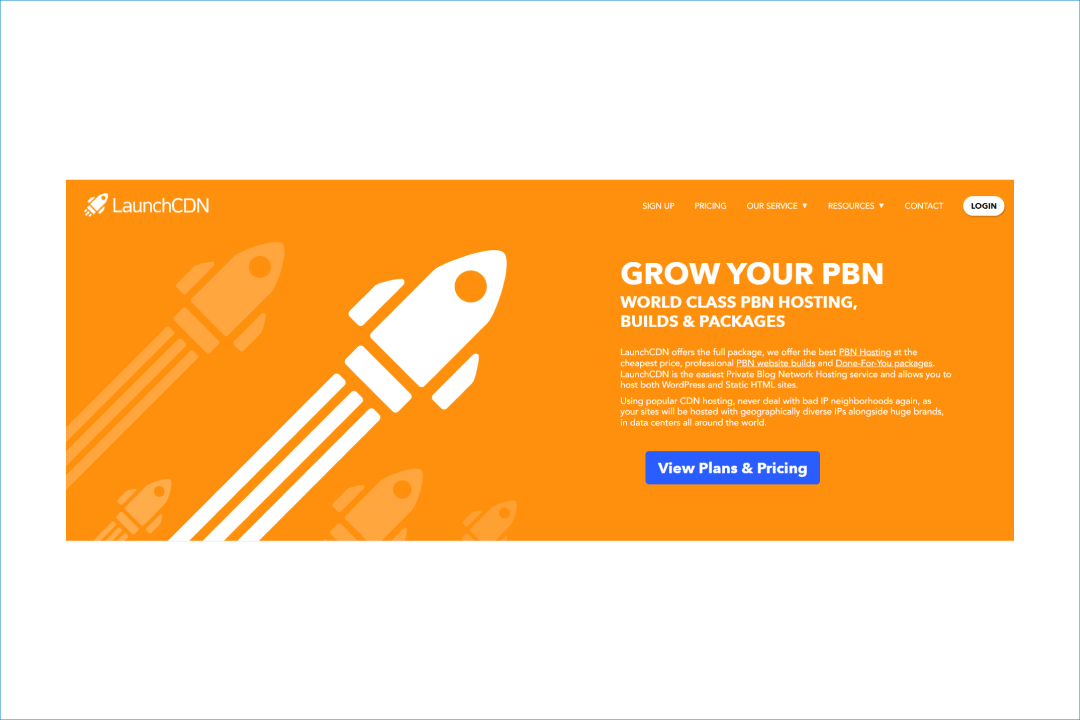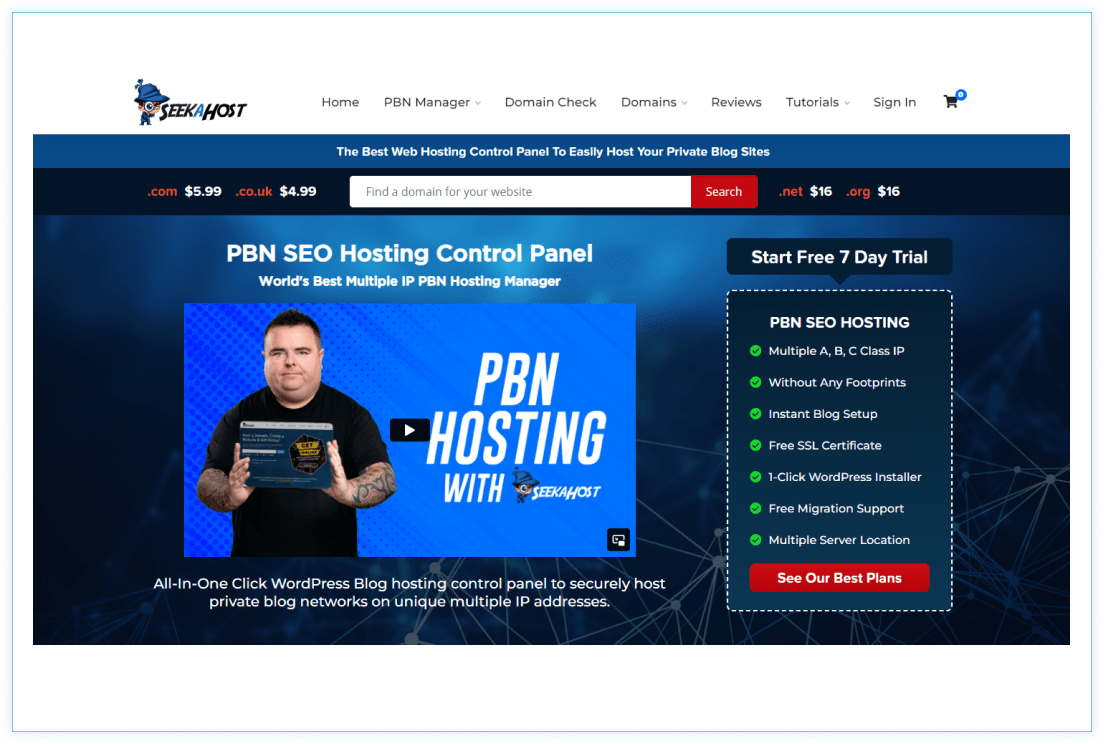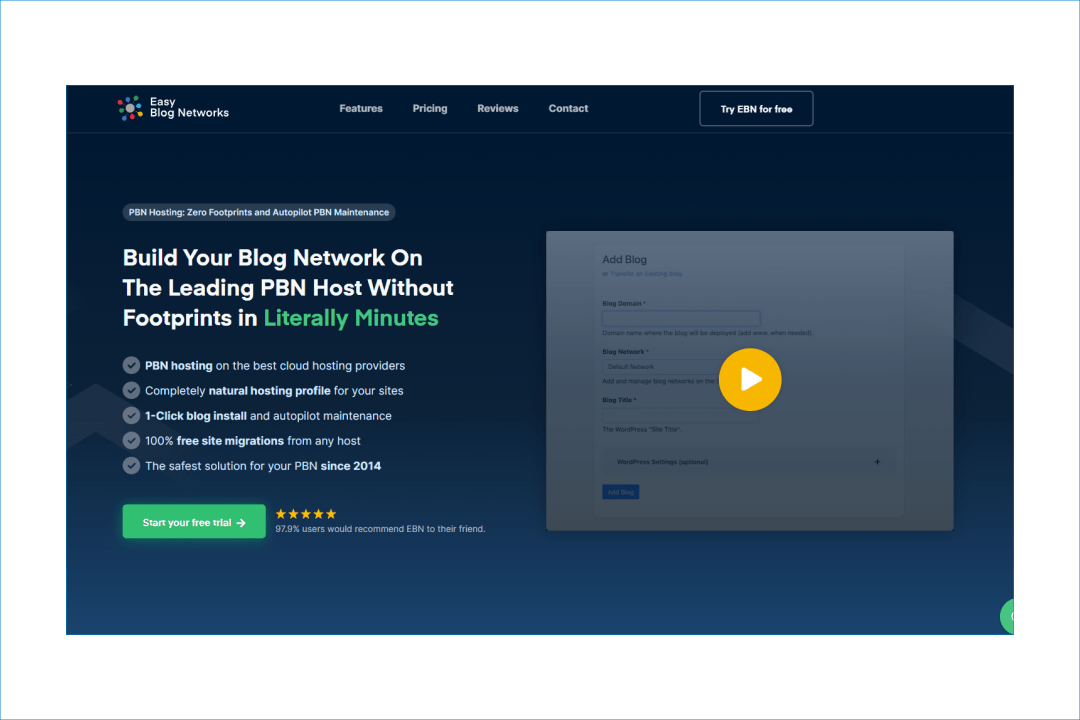
SEO, or Search Engine Optimization, is the process of optimizing your website and content to rank higher in search engine results pages (SERPs). When done effectively, SEO increases your website’s visibility to potential visitors who are actively searching for information, products, or services related to your industry or niche.
While the world of SEO may seem daunting at first glance, the good news is that individuals and small businesses can tackle SEO on their own.
As SEO and domain experts, we are here to guide you through your SEO journey and provide everything you need to know.
From understanding the basics of SEO to implementing on-page optimization tactics and monitoring performance, this article will serve as your roadmap to unlocking the full potential of SEO and achieving lasting success in the digital realm.
Key Takeaways
- Effective SEO starts with understanding the keywords your target audience is using to search for content related to your business or website. You can use different tools and techniques to identify high-value keywords that align with your content.
- Optimizing individual pages on your website is crucial for search engine visibility. This includes crafting compelling meta titles and descriptions, using relevant headers and subheadings, optimizing images with alt tags, and ensuring keyword-rich, high-quality content.
- Technical aspects of your website, such as site speed, mobile-friendliness, and crawlability, play a significant role in SEO performance. Understanding and implementing best practices for technical SEO can enhance your site’s visibility and user experience.
- Building a strong backlink profile is essential for improving your website’s authority and credibility in the eyes of search engines. This involves strategies such as guest blogging, reaching out to influencers, and creating shareable content that naturally attracts backlinks.
- SEO is an ongoing process that requires continuous monitoring and adaptation. Keep track of your website’s performance using tools like Google Analytics and Search Console, and be prepared to adjust your strategies based on changes in search engine algorithms and industry trends.
What is SEO?
SEO stands for Search Engine Optimization. It encompasses all the techniques used to enhance a website’s visibility and ranking on search engine results pages (SERPs).
SEO involves optimizing website content, conducting keyword research, earning inbound links, and improving various technical aspects of a website to make it more search engine-friendly.
The ultimate goal of SEO is to increase the quality and quantity of website traffic from search engines, particularly unpaid or organic traffic, by aligning with search engine algorithms and user search intent.
Why is SEO Important?
SEO, or Search Engine Optimization, is important for several reasons:
- Increased Visibility and Traffic: SEO helps your website rank higher in search engine results pages (SERPs) for relevant keywords. This increased visibility means more people are likely to click on your website, leading to higher organic traffic.
- Credibility and Trust: Websites that appear at the top of search results are often perceived as more credible and trustworthy by users. By optimizing your site for search engines, you can build authority and establish trust with your audience.
- Better User Experience: Many SEO best practices, such as optimizing site speed and improving mobile-friendliness, also enhance the overall user experience. A well-optimized website is easier to navigate and more enjoyable for visitors, which can lead to higher engagement and conversions.
- Business Growth: Effective SEO strategies can lead to sustainable growth for a business by generating more qualified leads and sales over time.
DIY SEO: A Guide to Optimizing Your Website
Many believe that optimizing a website for ranking requires a degree or extensive experience in running SEO campaigns. However, it’s entirely possible to manage your own SEO strategy by using several important practices:
Keyword Research
Keyword research is the initial step in every SEO strategy because it provides insights into what people are actively searching for online based on real data. It’s vital to align keywords with your page content, so it’s wise to consider the page’s topic before starting research.
Focus on keywords with high search volume and low competition.
Here are some tips to help you conduct effective keyword research:
- Understand Your Audience: Start by identifying your target audience and understanding their needs, interests, and search behaviors. This will help you choose keywords that are relevant to your audience and likely to drive traffic to your website.
- Use Keyword Research Tools: Use keyword research tools to discover relevant keywords and phrases. In our work, we use Ahrefs. These kinds of tools provide insights into search volume, competition level, and potential keyword variations.
- Focus on Long-Tail Keywords: Long-tail keywords are longer, more specific phrases that typically have lower search volume but higher conversion rates. Targeting long-tail keywords can help you attract more qualified traffic and improve your chances of ranking higher in search results.
- Consider Search Intent: Think about the intent behind each keyword and how it aligns with the content and purpose of your website. Keywords can be categorized into informational, navigational, or transactional intent, so choose keywords that match the intent of your target audience.
- Analyze Competitors: Take a look at what keywords your competitors are targeting and ranking for. This can provide valuable insights into potential keyword opportunities and help you identify gaps in your own keyword strategy.
- Evaluate Keyword Difficulty: Assess the competition level for each keyword by analyzing factors such as domain authority, backlink profile, and content quality of top-ranking pages. Aim for keywords with a reasonable level of competition for which you have a chance of ranking.
- Update and Refine Regularly: Keyword trends and search patterns evolve over time, so it’s important to regularly update and refine your keyword strategy. Monitor changes in search volume, competition, and user behavior, and adjust your keyword targeting accordingly.
On-Page Optimization
Optimize individual pages of your website by including target keywords in titles, meta descriptions, headers, and throughout the content. Ensure your content is high-quality, informative, and relevant to both users and search engines.
Here are more tips for effective on-page optimization:
- Write Meta Descriptions: Write unique meta descriptions for each page, summarizing the content and enticing users to click. While meta descriptions don’t directly impact rankings, they can influence click-through rates.
- Use Headers and Subheadings: Structure your content using headers (H1, H2, H3, etc.) to improve readability and help search engines understand the hierarchy of your content. Include relevant keywords in your headers where appropriate.
- Optimize URL Structure: Create clean, user-friendly URLs that include relevant keywords and accurately reflect the content of the page. Avoid using long, complex URLs with unnecessary parameters or numbers.
- Optimize Image Alt Text: Include descriptive alt text for images to improve accessibility and provide context to search engines. Use relevant keywords where appropriate, but avoid keyword stuffing.
- Improve Page Loading Speed: Optimize your website’s performance to ensure fast loading times, as page speed is a ranking factor for search engines. Minimize image sizes, enable browser caching, and utilize content delivery networks (CDNs) to improve speed.
- Mobile-Friendly Design: Ensure your website is optimized for mobile devices, as mobile-friendliness is a significant ranking factor for search engines like Google. Use responsive design principles to provide a seamless user experience across different screen sizes.
- Internal Linking: Incorporate internal links throughout your content to guide users to related pages on your website. Internal linking helps search engines understand the structure of your site and distributes link equity to important pages.
- Regularly Update and Maintain Content: Keep your content fresh and up-to-date by regularly publishing new articles, updating existing content, and removing outdated information. This shows search engines that your website is active and relevant.
Link Building
Build a strong backlink profile by getting high-quality links from reputable websites in your industry. Here are some effective tips for building high-quality links to your website:
- Create Exceptional Content: The foundation of any successful link-building strategy is high-quality content that provides value to your audience. Develop informative, engaging, and shareable content that naturally attracts links from other websites.
- Internal linking: Optimize your internal linking structure by strategically linking between your own web pages using relevant anchor text.
- Guest Blogging: Contribute guest posts to authoritative websites in your industry. Make sure your guest posts are well-written, relevant, and offer valuable insights or information. Include a link back to your website in the author bio or within the content where appropriate.
- Broken Link Building: Identify broken links on other websites that point to content similar to yours. Reach out to the website owner or webmaster and offer to replace the broken link with a link to your relevant content.
- Resource Link Building: Create comprehensive resource pages or guides on topics relevant to your industry. Reach out to other website owners, bloggers, and journalists who may find your resource valuable and ask them to link to it from their own content.
- Collaborate with Influencers: Build relationships with influencers and thought leaders in your industry. Collaborate on content projects, interviews, or expert roundups that provide mutual value and exposure. Influencers often have large followings and can help amplify your content and attract links.
- Use Social Media: Share your content on social media platforms to increase its visibility and encourage sharing. Engage with your audience and industry influencers on social media to build relationships and attract attention to your content.
- Submit to Directories: Submit your website to relevant online directories and business listings. Focus on high-quality directories with a good reputation and avoid spammy or low-quality directories that could harm your website’s reputation.
- Monitor Brand Mentions: Monitor online mentions of your brand or website using tools like Google Alerts or Mention. Reach out to website owners or bloggers who mention your brand but don’t link to your website and politely ask them to add a link.
- Conduct Competitor Analysis: Analyze the backlink profiles of your competitors to identify potential link-building opportunities. Look for websites that link to your competitors but not to your own website, and reach out to them with a compelling reason to link to your content instead.
- Build Relationships: Building genuine relationships with other website owners, bloggers, journalists, and influencers in your industry is key to successful link-building. Networking, attending industry events, and engaging with others in your field can lead to valuable link opportunities over time.
Learn about different types of backlinks here: https://quirk.biz/different-types-of-backlinks/
Monitoring and Analysis
Monitor your website’s performance regularly using tools like Google Analytics and Search Console. Track keyword rankings, organic traffic, and conversion rates to identify areas for improvement and adjust your SEO strategy accordingly.
SEO Mistakes You Should Avoid
Avoiding common SEO mistakes is crucial for maintaining the health and performance of your website. Here are some key mistakes to avoid:
Keyword Stuffing
Stuffing your content with excessive keywords in an attempt to manipulate search engine rankings can harm your website’s credibility and lead to penalties from search engines. Focus on creating high-quality, natural-sounding content that provides value to your audience.
Ignoring Mobile Optimization
With the majority of internet users accessing websites via mobile devices, neglecting mobile optimization can significantly impact your site’s rankings and user experience. Ensure your website is responsive and mobile-friendly to provide a seamless experience across all devices.
Neglecting Technical SEO
Technical issues such as slow page speed, broken links, and improper indexing can hinder your website’s performance in search engine rankings. Regularly audit your website for technical issues and address them promptly to ensure optimal performance.
Duplicate Content
Publishing duplicate content across multiple pages or websites can confuse search engines and result in lower rankings. Ensure your content is unique and original, and avoid copying content from other sources without proper attribution.
Ignoring Metadata
Title tags, meta descriptions, and other metadata play a crucial role in helping search engines understand the content and relevance of your pages. Optimize your metadata with relevant keywords and compelling descriptions to improve click-through rates and rankings.
Not Optimizing Images
Images are an important part of your website’s content, but failing to optimize them for search engines can lead to missed opportunities for traffic. Use descriptive filenames and alt text for images, and compress them to improve page load times.
Overlooking Internal Linking
Internal linking helps search engines understand the structure of your website and distributes link equity to important pages. Neglecting internal linking can result in orphaned pages and poor crawlability. Incorporate internal links throughout your content to improve navigation and SEO.
Ignoring Analytics
Failing to track and analyze your website’s performance using tools like Google Analytics and Search Console can make it difficult to identify issues and opportunities for improvement. Regularly monitor key metrics such as organic traffic, keyword rankings, and conversion rates to inform your SEO strategy.
Neglecting User Experience
User experience is a significant ranking factor for search engines, so it’s important to prioritize usability and accessibility. Ensure your website is easy to navigate, loads quickly, and provides valuable content that meets the needs of your audience.
Ignoring Local SEO
If your business serves a local audience, ignoring local SEO practices can mean missing out on valuable traffic and customers. Optimize your website for local keywords, create a Google My Business listing, and encourage customer reviews to improve your local search visibility.
Conclusion
Mastering SEO techniques to enhance your website’s visibility and performance in search engine results is not impossible. By implementing the strategies outlined in this article, including thorough keyword research, on-page optimization, and effective link-building tactics, you can take significant steps toward improving your website’s rankings and attracting more organic traffic.
While SEO may seem daunting at first, with dedication, persistence, and a commitment to staying informed about industry trends and best practices, you can successfully navigate the world of search engine optimization and achieve your online goals.
Remember, SEO is an ongoing process, so continue to refine and adapt your strategies over time to stay ahead of the competition and maximize your website’s potential. With the right approach and effort, you can indeed master SEO by yourself and propel your website to greater success in the digital landscape.




























